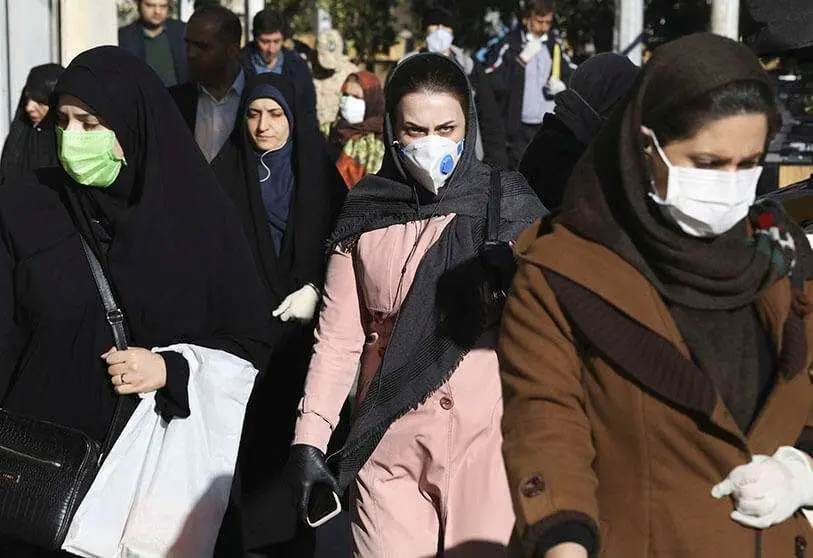Women in Islam

The 8th of March is celebrated as "International Women's Day" and reminds us every year of the sacrifices women have had to make to achieve equality and emancipation. It is a long journey, which unfortunately still continues.
The last century was a milestone for women to gain certain fundamental rights, such as the right to vote, inheritance, divorce, work, own property and access to education. These rights were already enshrined in the Holy Koran as early as the 7th century.
After the advent of Islam, women gained the right to inherit, to work, to own property independently, to marry with their own consent, to divorce, to remarry, to birth control, to vote Islam rejects that women were created from the rib of man, or that women are the origin of sin. Islam teaches men and women that despite being created differently and having different responsibilities in society, they are equal in spiritual, intellectual and social status, as mentioned in the Holy Qur'an:
"And they (women) have rights similar to what they (men) have in justice" (2: 229).
Women are mentioned in the Holy Qur'an as role models, such as the Virgin Mary. The first person to accept Islam was a woman and the person who built the first university was also a Muslim woman; it was the Prophet Muhammad (peace be upon him) himself who exalted this woman as the great teacher and scholar of the Islamic faith.
Elevating the status of women, Islam states that "Paradise is under the feet of mothers", meaning that kindness and respect for the mother is the bridge to Paradise in this world and the Hereafter. According to Islam, women build nations, and therefore play a key role in the reform and development of societies. Therefore, Muslim men are commanded to treat women with the utmost respect, tenderness and kindness, as the Holy Prophet Muhammad (peace be upon him) declared:
"The best among you is the one who treats his wife best".
Why do women in many Muslim countries not enjoy these rights? The truth is that these are peoples and societies whose rules of coexistence have, by and large, abandoned the guidelines laid down by the Holy Quran. True Islam is the great promoter of women's rights and equality. These rights were truly revolutionary and advanced in the 7th century.
Speaking of balanced societies, it is cruel for women to be constantly conscious of their appearances, appearance and the way they are dressed or groomed. The sale of any food item or daily necessities such as laundry detergent requires advertisements with female models.Those who speak of equality in all spheres forget that the issue of equality becomes irrelevant in those areas where men and women are constituted differently. Only women can give birth to children, can spend nine months nurturing the seed of the future human generation and can care for their little ones, at least during the first period of infancy and childhood, as no man would be able to. Because of the long, intimate, blood relationship with their offspring, it is the woman who has a closer psychological bond with her children than the man.
If social and economic systems ignore this constitutional difference between men and women and their corresponding difference in the role of the two sexes in society, then such a system is destined to fail in its attempt to create a state of healthy balance. It is primarily because of these constitutional differences between male and female that Islam proposes correspondingly different roles for the two.
The woman should remain free, as far as possible, from the responsibility of earning bread for the family. This responsibility should, in principle, fall on the shoulders of the man. However, there is no reason why women should be excluded from playing their part in economic affairs, provided they are free to do so without neglecting their primary responsibility for human reproduction, family care and other concomitant commitments.
Thus, the role of a Muslim woman between her home and her family is far from ending with the growth of children; she remains deeply tied to both the past and the future. Her humane and caring concern, and her innate ability to care for those in need of help, comes to the rescue of the elderly members of society. Thus, when she grows old, she is assured that her society will not evict her or abandon her as a relic of the past ... In modern societies around the world today, we find a very high incidence of abandoned, old or disabled parents who are considered a burden on the family.
